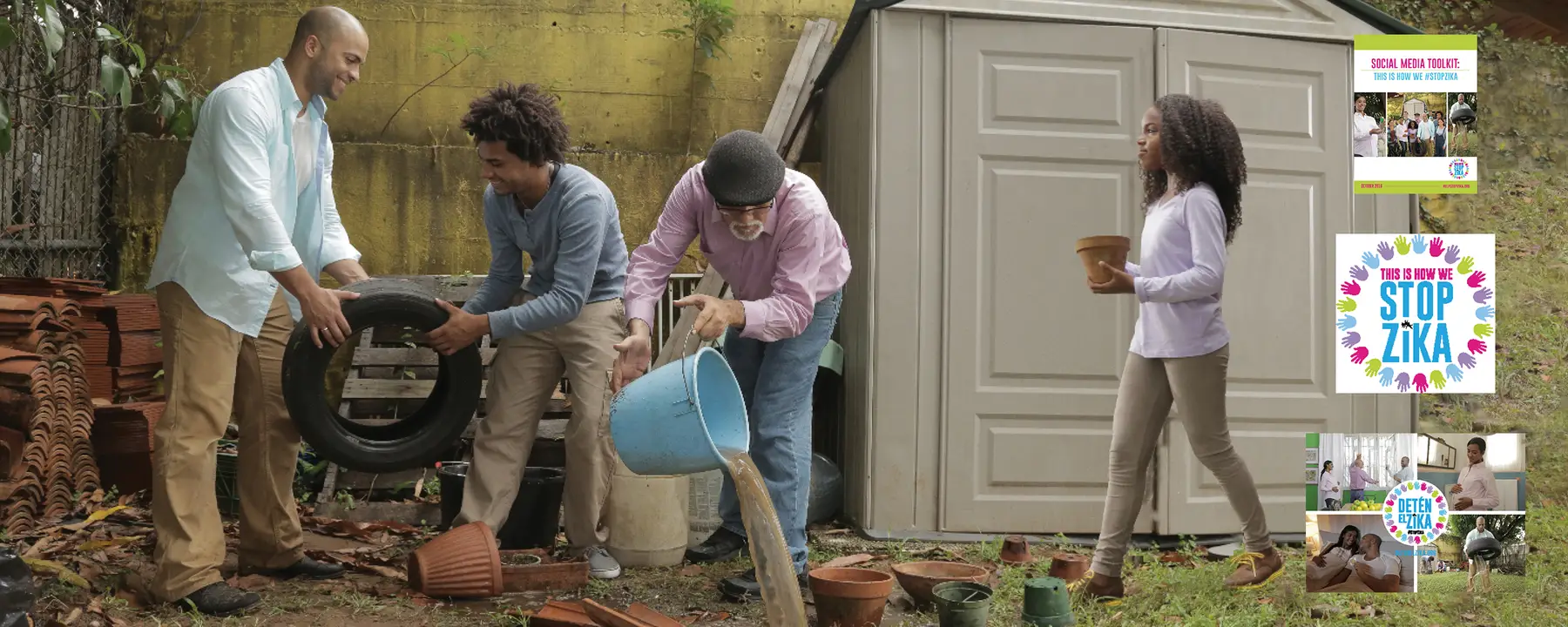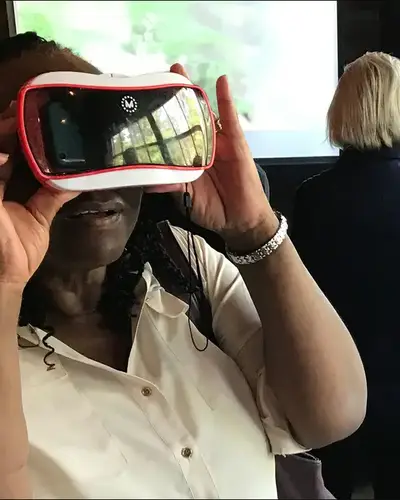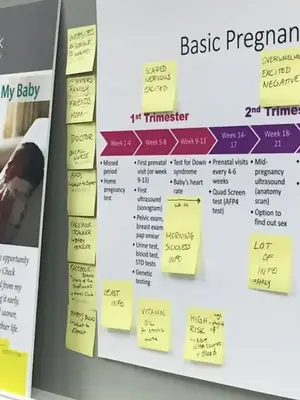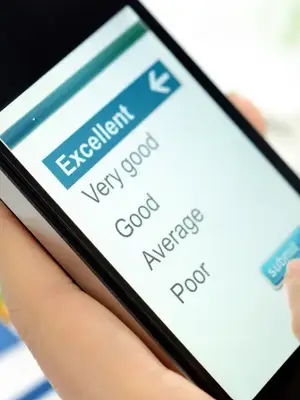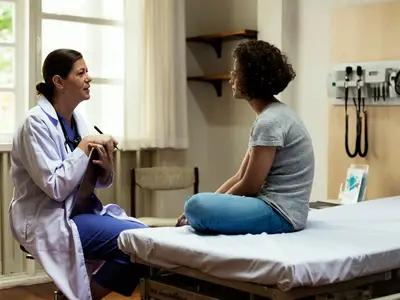Getting the right information to the right people
User-Centered Communication for Real-World Impact
Effective communication delivery requires multilevel, user-centered, and accessible communication solutions to address real-world problems. We identify and harness networks and tools, build actionable strategies, and execute communication plans that effectively and impactfully reach, engage, and motivate priority audiences to act.
Communication Delivery Capabilities
We effectively disseminate information and drive meaningful change through the following:
- Interactive websites and apps
- Integrated social marketing campaigns
- Decision support tools
- Data dashboards
- Broadcast, print, digital, and social media placement and promotion
- Training and technical assistance
- Audience engagement and outreach
- Digital trainings, videos, podcasts, webinars, and meeting support
View More in Communication Science
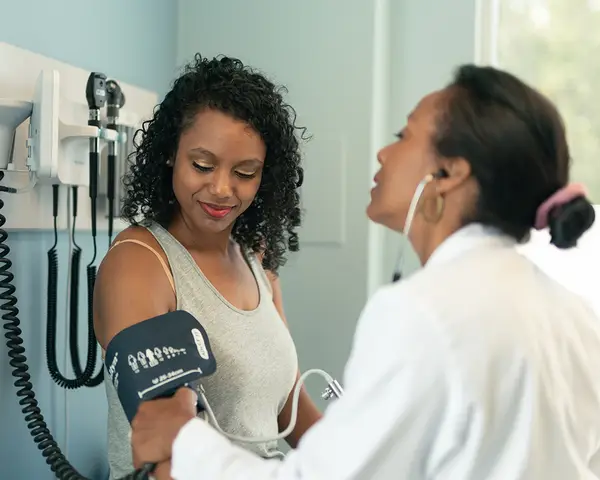
Communication Delivery Project Highlights
Project Firstline
The Centers for Disease Control and Prevention’s (CDC’s) Project Firstline (PFL) was developed to address long-standing gaps in infection control knowledge and practice in health care. PFL is committed to providing health care workers with clear and effective infection control resources so that they can understand and confidently apply the infection control actions necessary to protect themselves, their patients, and their coworkers from infectious disease threats. Through a cooperative agreement with CDC, RTI is supporting the development and dissemination of a variety of new resources and trainings that help health care workers think critically about infection control. These products include infographics; training toolkits; instructional videos; interactive, web-based modules; and PFL MicroLearns, which health care facilities can use to provide short, targeted, on-site infection control training. In collaboration with CDC, RTI provides expertise in health communication strategy, training, and creative development, with the goal of improving infection control awareness.

Strategic Communications to Promote and Disseminate Research on Long COVID
Millions of people have continued or newly developed symptoms and conditions weeks, months, or years after having COVID-19. The National Institutes of Health’s (NIH’s) Researching COVID to Enhance Recovery (RECOVER) Initiative is a national research program designed to understand, treat, and prevent Long COVID. RTI supports NIH with a communication strategy that includes development of the https://recovercovid.org website and a brand identity, a monthly email newsletter that reaches 9,500 people, digital partner promotion, formative and audience research, scientific webinars for professional and general audiences, and media relations. These products raise awareness about RECOVER with priority audiences, including people living with Long COVID, scientists and clinicians, federal agencies, media, and advocates. We collaborate closely with NIH to develop branding and strategic messaging, translate research findings into content that is relevant and meaningful to the public, and continuously evaluate our communication products to improve future efforts. Our communication products use plain and inclusive language; include versions for people who speak Spanish; and are developed in collaboration with patients, caregivers, and community members who serve on the RECOVER National Community Engagement Group, as well as RECOVER researchers and clinicians. RTI’s work helps to ensure participation in RECOVER studies, broadens awareness of the research, and helps medical and public health partners to provide better support to their patients and communities dealing with Long COVID.

Creating a Public Health Campaign for Youth with Youth
Youth face unprecedented stressors that have a measurable impact on their mental health and well-being. To help them navigate a world defined by change and uncertainty, youth need support, guidance, and evidence-based tools that reflect their needs and reality. In partnership with the Family and Youth Services Bureau, RTI has engaged more than 300 youth in virtual and in-person groups to help create and maintain We Think Twice: a campaign that builds youth’s knowledge and skills to form healthy relationships, set goals for the future, and make healthy decisions. Teens have helped to validate the campaign’s visual identity, brainstorm useful tools, provide content for new products, and offer feedback before products launch. As a result of this constant audience feedback and interaction, We Think Twice has earned more than 6,000 social media followers, and more than 175,000 users have accessed the tools and resources on the campaign website.
Partner with us to deliver evidence-based communication solutions that maximize impact.
Related Projects
<em>We Think Twice</em>™: Digital Media Campaign Designed with Teens, for Teens
Read More about <em>We Think Twice</em>™: Digital Media Campaign Designed with Teens, for Teens
